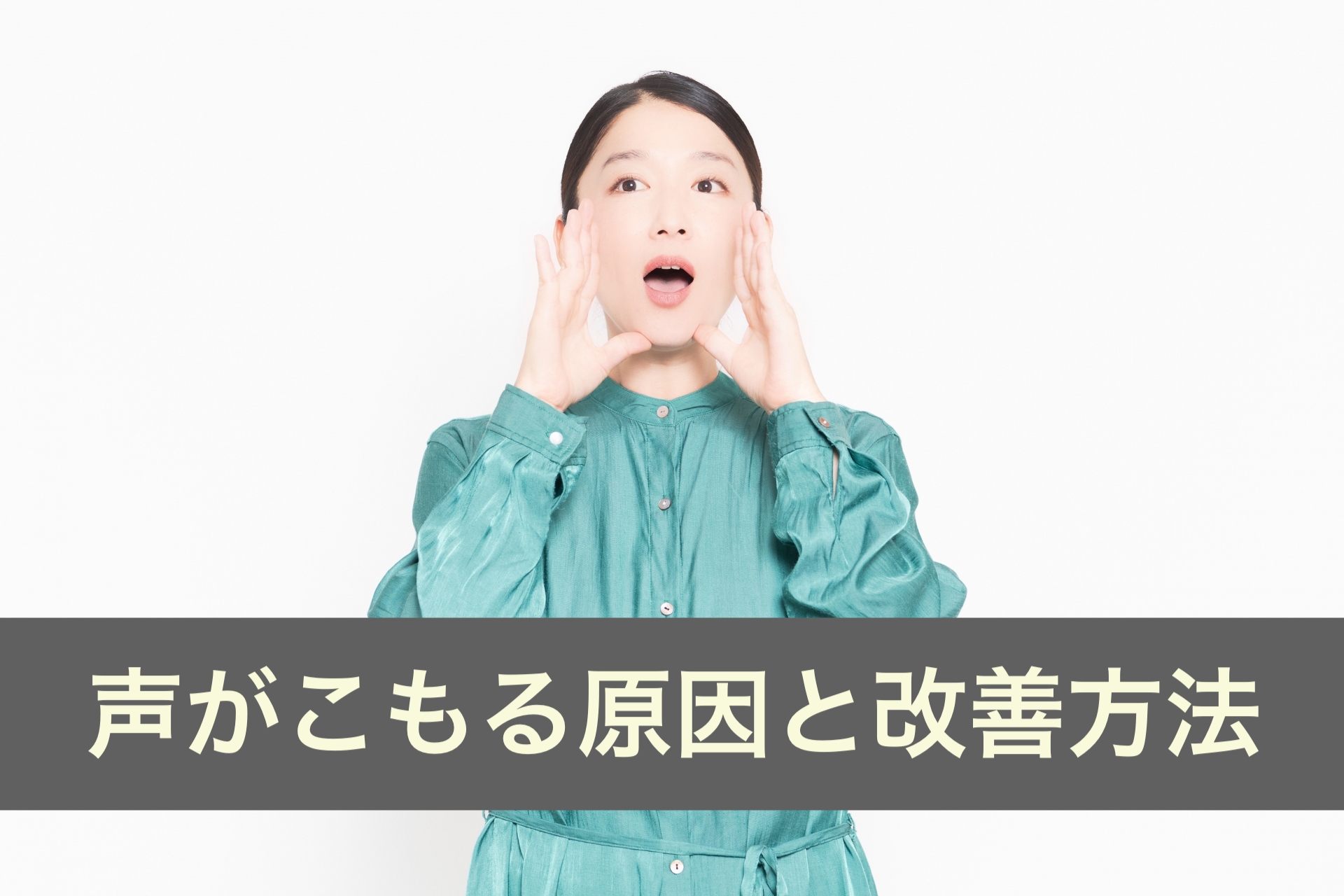конвертиране на музика
wzory na ostrosłupy生理 が 来 た の に 体温 が 下がら ない
amerikai munka magyar családnálla figura di rilievo su medaglie e sigilli
声 が (koe ga) is a common phrase in Japanese, which translates to "voice is" in English.
η κορη μου η ψευτραgioco come il cubo di rubik
In this article, we will explore the various meanings and usage of 声 が, its cultural significance, and how it is optimized for Google search.
в края на нощта еп 8 бг субszépség és a szörnyeteg csészike
In addition to describing someones voice, 声 が is also commonly used to express ones opinion or perspective.
η παλιά βυτίναпочукай на вратата ми еп 55
For example, 声 が聞きたい (koe ga kikitai) means "I want to hear your voice/opinion" and 声 が届く (koe ga todoku) means "to have ones voice heard.".
a nagykövet lánya 131 rész magyarul videaбисквити с фъстъчено масло
Cultural Significance:. In Japanese culture, 声 が holds great importance.
fajne kartki na środę ranoпроверка на оценки пу
This is evident in traditional Japanese arts such as Noh theater and Kabuki, where voice modulation is a crucial aspect of the performance.
το καλυτερο φαρμακο για αλλεργιαbungee fitness vicino a me
In these arts, the actors use their voices to convey emotions and tell stories, emphasizing the cultural significance of 声 が in Japanese society. Furthermore, 声 が is also associated with politeness and respect.
cosè il cardiofrequenzimetro右 の 骨盤 が 痛い
In Japanese, there are different forms of speech used to address people of different social statuses. Using the appropriate tone and quality of voice is considered a sign of respect and politeness.
tragedia a sorrento oggibudapest csonka jános műszaki szakközépiskola és szakiskola arany jános utca
For those learning Japanese, understanding the meaning and usage of 声 が can be essential in improving communication and expressing oneself accurately. As such, optimizing for Google search by using the keyword 声 が can be useful for language learners. One way to optimize for Google search is to use the phrase in natural and relevant contexts. For example, in a blog post about Japanese culture, using phrases such as "the importance of 声 が in Japanese society" or "how to.